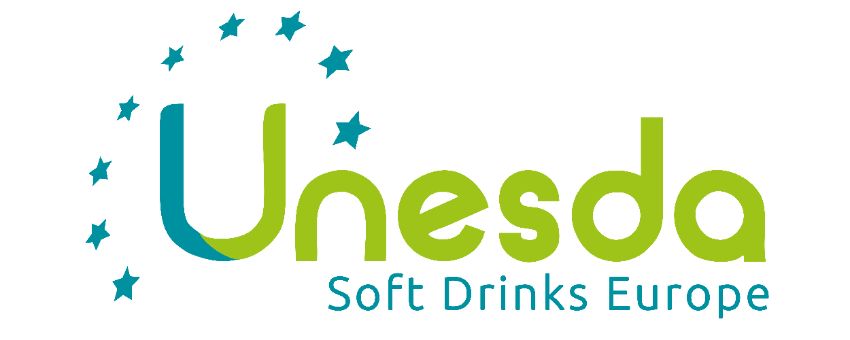The European soft drinks sector, represented by UNESDA that I proudly lead, has been eagerly adapting to consumers’ evolving preferences for healthier food and drink choices and responding to public health concerns. Our determination to help create healthier lifestyles in Europe is evident in our firm commitment to the EU Code of Conduct on Responsible Food Business and Marketing Practices, which we signed in 2021.
This is not, however, an isolated action from us. For several decades, since the introduction of no- and low-calorie soft drinks, we have promoted balanced diets in many key ways:
- Reducing sugar in our soft drinks and offering smaller pack sizes: We are helping consumers to manage their sugar intake from our beverages. We have achieved a reduction of 28.6% in average added sugars in our soft drinks since 2000 in the EU and the UK. No other industry has delivered such a significant sugar reduction. We are now committed to delivering an additional 10% reduction in average added sugars between 2019 and 2025. As part of this commitment, we already reached an impressive 7.6% sugar reduction on average in just three years (2019-2022). Other than sugar reduction, we are doing even more to promote healthier diets – such as increasing the availability of small pack sizes to support consumers with portion control.
- Ensuring responsible marketing and advertising practices to children: Several years ago, we made a groundbreaking industry commitment – the first in the world for any food or drink sector - not to advertise or market any of our soft drinks to children under 12 years of age (either on TV or in print media or online). In 2021, we strengthened this commitment by raising the age to children under 13 years of age, and extending the commitment across all media channels. I am proud of the high compliance rates that we achieved, as reported by a 2022 independent audit: 98.7% on TV, 92.9% on company-owned websites, 94.1% on company-owned social media profiles, and 100% on influencer profiles.
- Implementing responsible school policies: We have long acknowledged that school policies have the potential to foster healthier eating and drinking habits. That’s why, several years ago, we made a commitment not to sell our soft drinks in EU primary schools and to use non-branded vending machines in EU secondary schools. In 2017, we reinforced this commitment by agreeing that the only soft drinks we sell in EU secondary schools are low- and no-calorie. The results of an external audit conducted in Austrian, Italian, Slovenian and Swedish schools in 2022 demonstrate that UNESDA corporate members are fully compliant with our sector’s school commitment in their primary schools and achieved high compliance rates, ranging from 93% to 100%, in their secondary schools.
I take great pride in our proactive stance in driving positive change for our consumers. The reality is that this journey is not meant to be ours alone because promoting balanced diets is a collective effort from various stakeholders, including industry, governments and the health community. In particular, we need EU public authorities and regulators to develop evidence-based dietary recommendations that do not denigrate or discriminate against ingredients, such as low- and no-calorie sweeteners, approved as safe for use by European regulators.
We remain committed to doing our part and we look forward to strong support from all parties, especially decision-makers.
In partnership

This article was produced in partnership with UNESDA - Soft Drinks Europe.
Sign up to The Parliament's weekly newsletter
Every Friday our editorial team goes behind the headlines to offer insight and analysis on the key stories driving the EU agenda. Subscribe for free here.